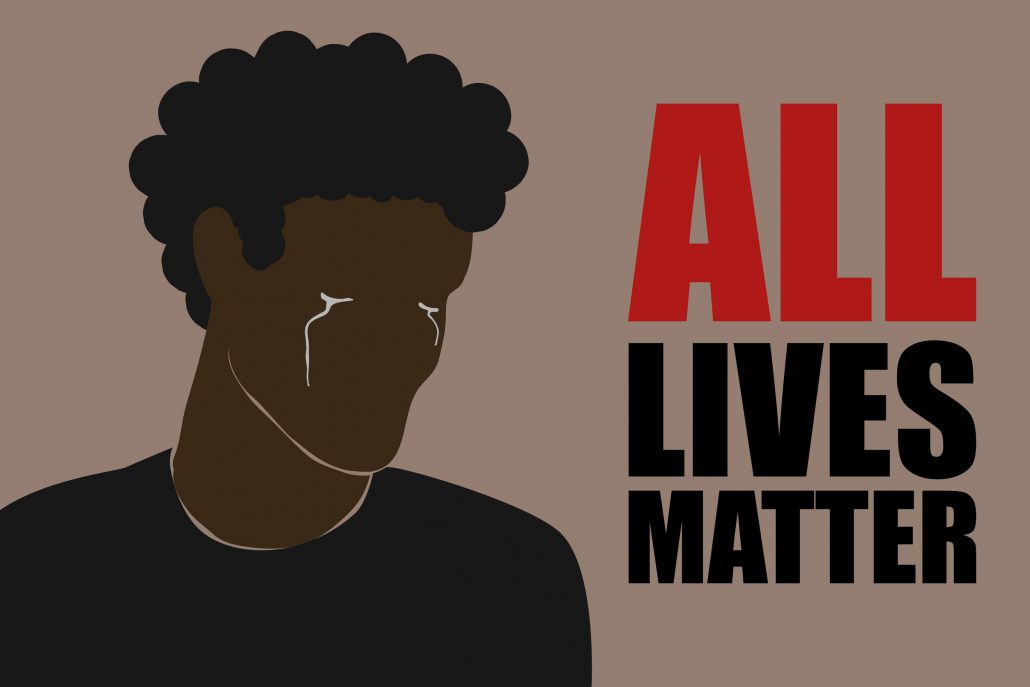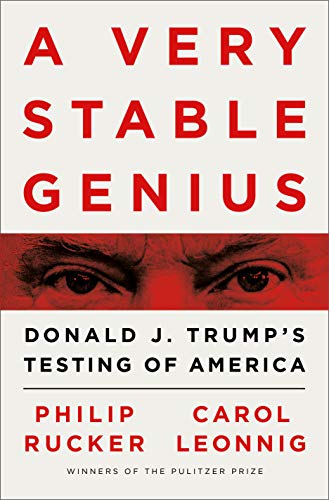
by G. Alfred Kennedy
The mind-bewildering public murder of George Floyd by Derek Chauvin, the former Minnesota cop, under the detached gaze of three colleagues in blue, inspired yet another wave of national, even worldwide, condemnation of American policing of African-Americans.
What differentiates public reaction to George Floyd’s murder from other Black lives lost at the hands of American law enforcement were the multi-racial, multi-generational density of public protests, the level of worldwide condemnation of American racism, and the sustained level of protests. The size, scope, and diversity of the protests cause seasoned observers and political activists by surprise. Another change is the protesters insistent demand to defund police departments. Previously, demands to defund law enforcement organizations as a policy prescription to change police behavior was rejected by local communities and elected officials labelling such demands as left-wing heresy.
Offending police were reinstated, promoted, honored, rehired in other jurisdictions, and law enforcement budgets were consistently increased. Exceptions to these practices were far too few.
So what changed this time? The graphic “I-can’t-turn-away” eight-minutes and fifty- three second video of Derek Chauvin taking the life of George Floyd tipped the emotional meter for a younger, more pragmatic generation of Americans; a generation whose life experiences did not include fire hoses, clubbing, and police dogs, wielded by police during the Civil Rights Movement. A younger generation witnessed an act of inhumanity without moral justification and condemned it outright.
George Floyd could have been someone’s family member, life’s partner, mentor, neighbor, or a friend. There was an emotional connection other Americans did not make when confronted with the murder of African-Americans in the past. White Americans did not feel the pain of yet another death at the hands of cops. Black grief was not their grief. This time, the African-American reality became the reality for hundreds of thousands of White Americans, especially young whites, and George Floyd’s horrific death empowered them to take to the streets – the first step in the process to bring about evidence-based structural changes in policy, the law, and institutional behavior of law enforcement organizations.
A pragmatic younger generation is looking at historical trends in response to demands for police reforms and they say a political recalibration is needed now, tomorrow.
Police abuse of African-Americans was never an African-American problem, it was an American problem a new generation of Americans embrace and is demanding changes. A new generation of Americans is refusing to be strangers to the struggle for equal treatment and equal justice. They are choosing to be activists; they are choosing to define their future; they are choosing to take ownership of solutions to society’s ills.
The blessing, or curse, of longevity is, in this instance, to have borne witness to generations of bad police behavior. Institutions are people and thus are resistant to demands for change. Those most resistant are the gatekeepers, the police unions. They have mastered the arts of illusion, pacification, and obfuscation: relinquish little over the longest period of time.
I shall remain a vigilant observer of the period ahead as communities and law enforcement organizations grapple again with demands for change. Let’s hope that policy and program prescriptions put forth in response to demands for equal justice amount to more than pouring new wine in old bottles.

